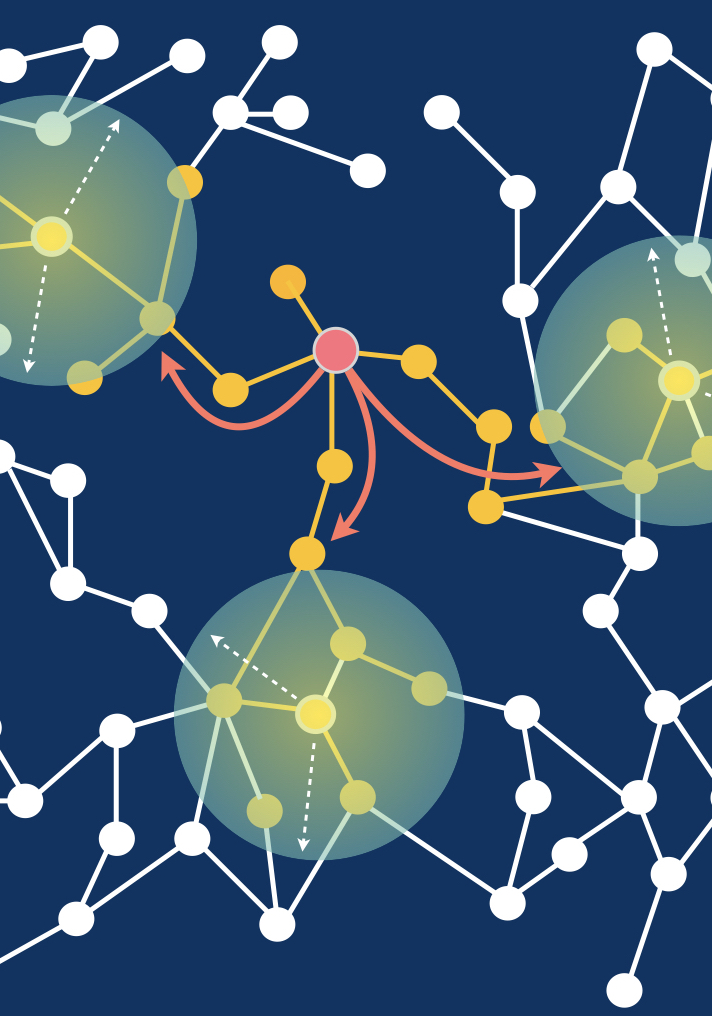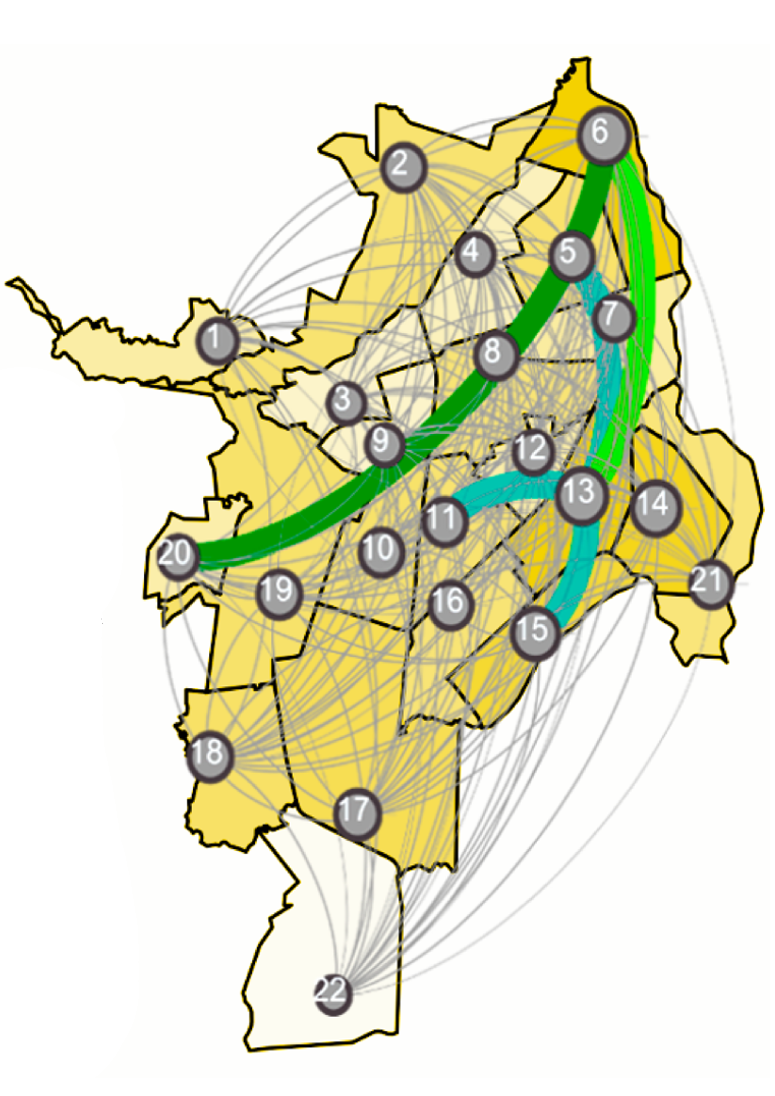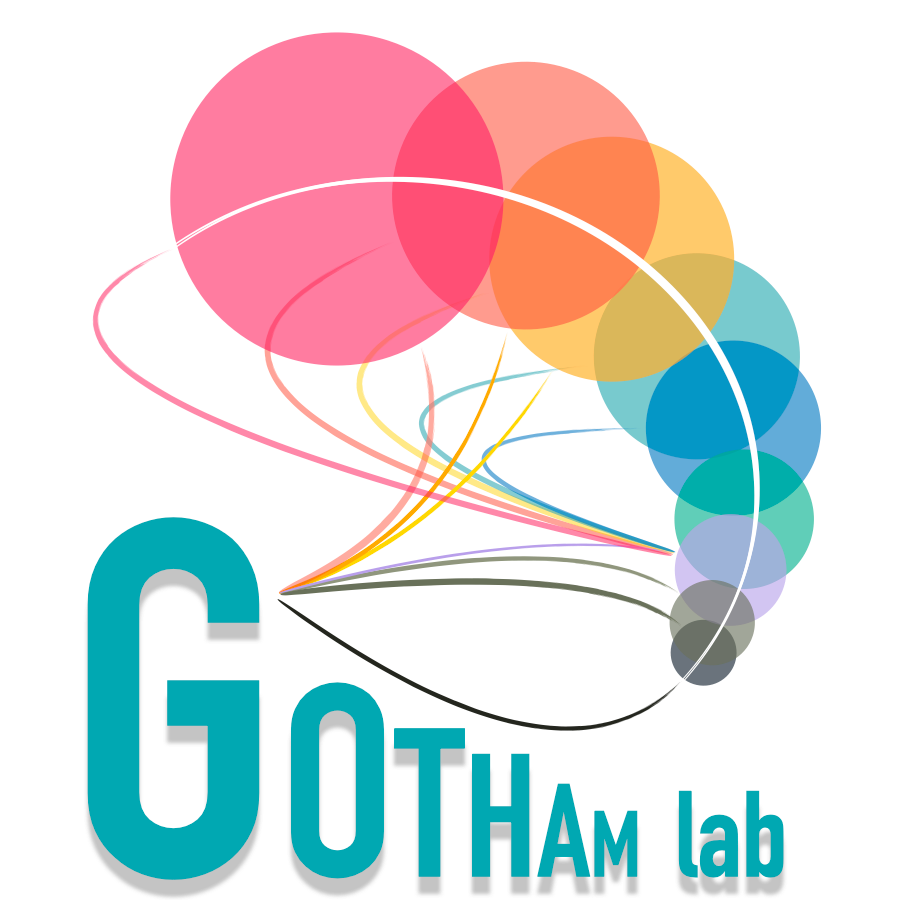EVALUATING THE IMPACT OF COVID-19
CONTENTION MEASURES
COVID-19 epidemics’ health threat is
probably one of the biggest challenges
faced by our interconnected modern
societies. Here, we develop an
age-stratified mobility-based
metapopulation model that encapsulates
the main particularities of the
spreading of COVID-19 and analyze the
impact of NPIs to contain SARS-CoV-2
transmission.






